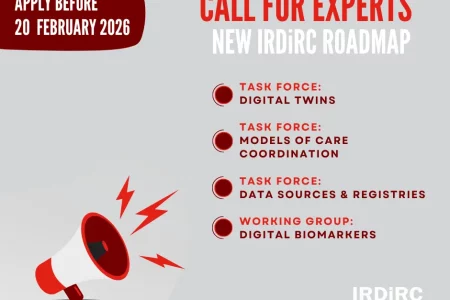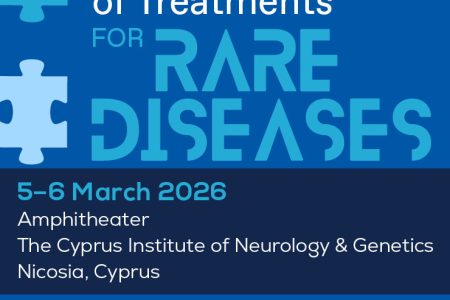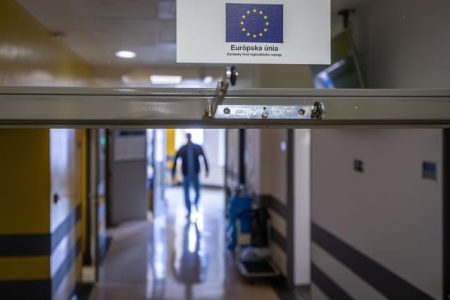The World Duchenne Organisation, in collaboration with ERDERA and its associated partners, successfully hosted the FAIR Training Webinar, bringing together a global audience to advance understanding and implementation of the FAIR Data Principles — Findable, Accessible, Interoperable and Reusable — within the rare disease research community.
The event drew 350 registrations from 58 countries, with an average of 160 online participants per day, nearly half of whom were researchers. The webinar marked Part I of the ERDERA FAIR Training Program, a cornerstone initiative to strengthen FAIR data practices across Europe and beyond.
With Part I now completed, preparations are underway for Part II, scheduled for 2026, which will involve a hands-on online training for 20–30 invited participants. The program will culminate with Part III in 2027 — an advanced-level, face-to-face technical workshop (also known as a Bring Your Own Data Hackathon) limited to 10 participants. These initiatives are fully supported and organized by ERDERA’s Data Services Hub Work Stream and Data Readiness Services.
The World Duchenne Organisation, ERDERA, and their partners extend their sincere thanks to all speakers, moderators, and hosts who contributed to the success of the event.
Empowering the rare disease community through FAIR
The webinar began with an introduction from the Duchenne Community, emphasizing that FAIR data practices are essential for patient benefit — ensuring that data, which is often underutilized, contributes to improved outcomes for people living with rare diseases.
Sessions explored the value, challenges, and impact of implementing FAIR principles, stressing that FAIR is necessary but not sufficient for interoperability. Achieving shared data and metadata models remains critical, but the effort is worthwhile for the enhanced power and collaboration it enables.
At the EU level, participants learned about the growing ecosystem for “Data Visiting” via the ERDERA Virtual Platform, engagement strategies, and how FAIR implementation aligns with the European Health Data Space (EHDS).
Key learnings and insights
A detailed introduction to the FAIR Principles and the Research Data Life Cycle emphasized that FAIRification should be embedded in research workflows, not treated as an afterthought. Speakers also clarified the difference between FAIR data and Open data, and discussed the relevance of FAIR principles for sensitive or restricted data. The need for machine-readable FAIR data was also highlighted.
Participants explored what makes research data findable, accessible, interoperable, and reusable in the rare disease context. Practical examples demonstrated how the FAIR principles can be successfully applied to rare disease research.
A session from the funder’s perspective offered insight into why FAIR data requirements are increasingly standard, how they align with Open Science, and the ethical, legal, and regulatory considerations crucial to health data management.
From theory to practice: FAIRification in action
Presentations on the FAIRification process underscored that defining clear objectives is essential — FAIRification is a journey, not a checkbox. Two main approaches were discussed: de novo and generic FAIRification. Participants learned how to use data and metadata models to structure information and make data meaning transparent, as well as how to query FAIR data using SPARQL, the standard language for data exploration.
Case studies showcased real-world applications, including the HemaFAIR Project, the ERN EURO-NMD Registry Hub, and the Duchenne Data Platform, each demonstrating tangible progress in FAIRifying rare disease registries and platforms.
Looking ahead
The final session focused on the real-world impact of FAIR. Participants were reminded that FAIR is not an end in itself but a means to improve research quality, transparency, and patient outcomes. Achieving FAIR data practices requires commitment, multidisciplinary collaboration, and sustainable funding, as well as training for legal and IT professionals.
With ongoing support from ERDERA’s Data Hub, the FAIR Training Program continues to drive the rare disease research community toward a more connected, interoperable, and impactful data future.





